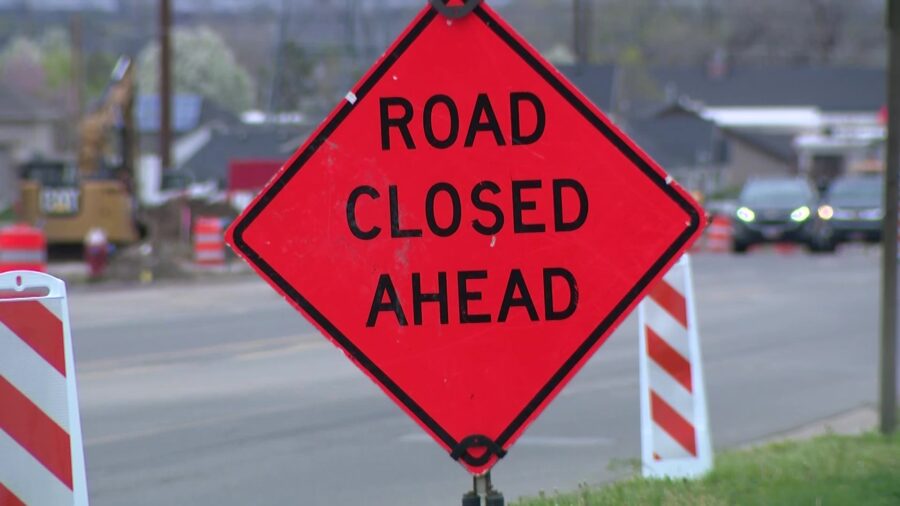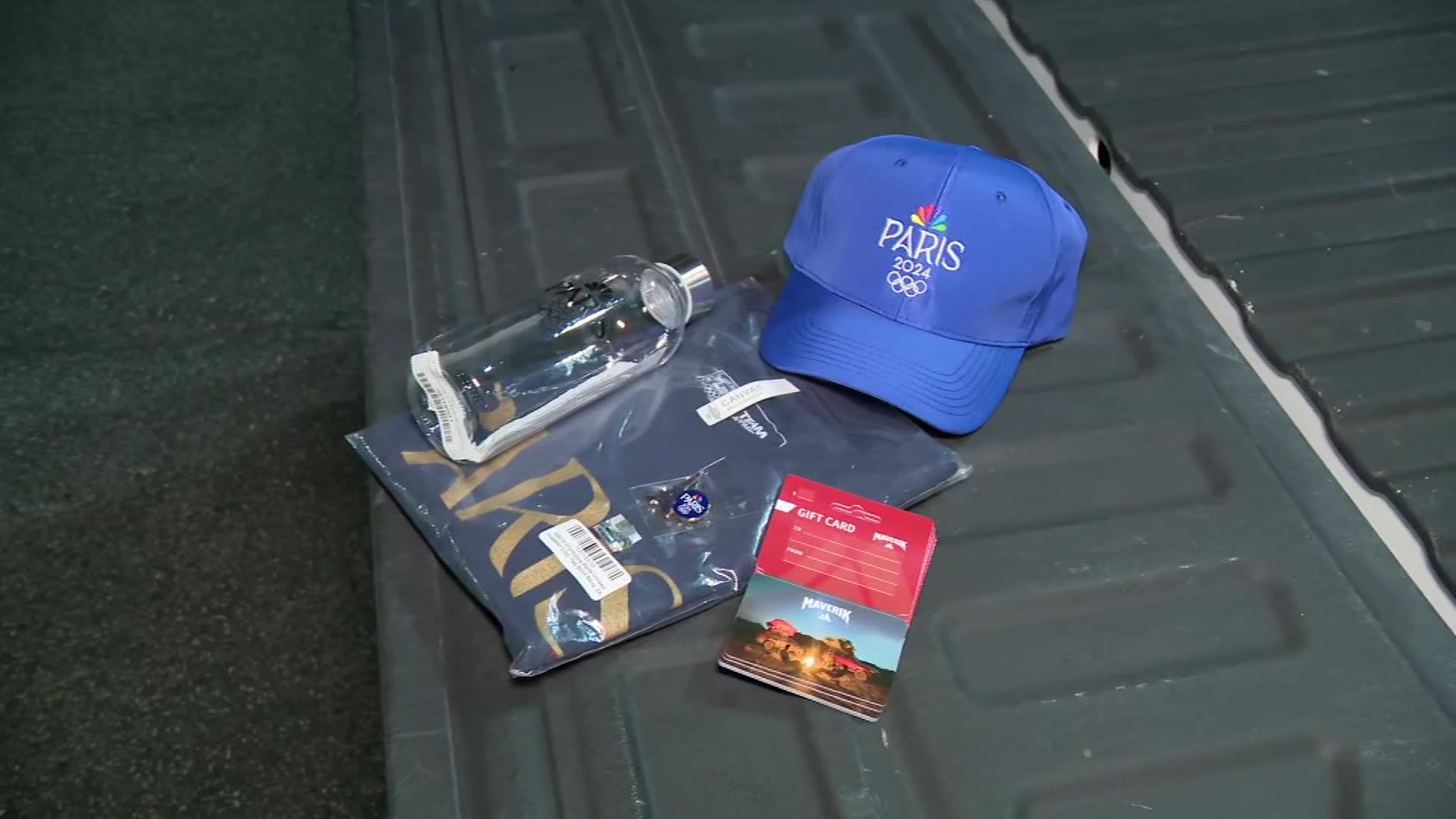Utahns continue to deal with baby formula shortage
May 17, 2022, 12:41 PM | Updated: 1:43 pm
SALT LAKE CITY — Many Utah moms are in crisis mode as the search for baby formula in a nationwide shortage continues.
The empty store shelves many families are seeing are raising questions, including safe alternatives to turn to amid the shortage of baby formula.
University of Utah Health hoped to answer some of those questions on Tuesday through a Q&A with their experts, including a pediatrician and lactation manager.
University of Utah Health’s Dr. Hobson-Rohrer said it is not a good idea for families to make their own baby formulas or dilute formulas to make them last longer.
She said formulas already are packed with the correct amount of nutrients for little ones, and diluting that or making one’s own formula can mess with the number of nutrients a baby is getting.
She said families should not turn to plant-based or goat milk. In some instances, she said cow milk would be OK if a child is over the age of 6 months. That said, it is always best to consult your pediatrician, doctor or professional caregiver, who can talk with the parent about what is best for their baby.
The hope is that families can find peace of mind in what is an urgent situation for many across the U.S. and in Utah.
Many moms, including Silvie Hull, are finding the formulas they do come by aren’t sitting well with their babies’ tummies, making the hunt for formula even direr.
“I have friends calling out of state. Their friends, my sister and brother went to Davis County this morning and there was none,” said Hull.
Abbott’s CEO apologized, saying they know millions of parents and caregivers depend on them, and they’re deeply sorry that their voluntary recall worsened the nationwide formula shortage.
On a national level, the FDA is easing restrictions on global manufacturers to help increase supplies.
Also, top baby formula makers Reckitt Benckiser and Nestle, have ramped up supplies from outside the United States to help alleviate the shortage in U.S. supermarkets.
The Biden administration is also said to be working with major U.S. producers to identify logistical hurdles.
“This is principally an issue of production more than goods movement, but anytime we see an indication that goods movement is becoming a limiting factor, we’ll do anything we can to tear down obstacles,” said the U.S. Department of Transportation’s Pete Buttigieg.













